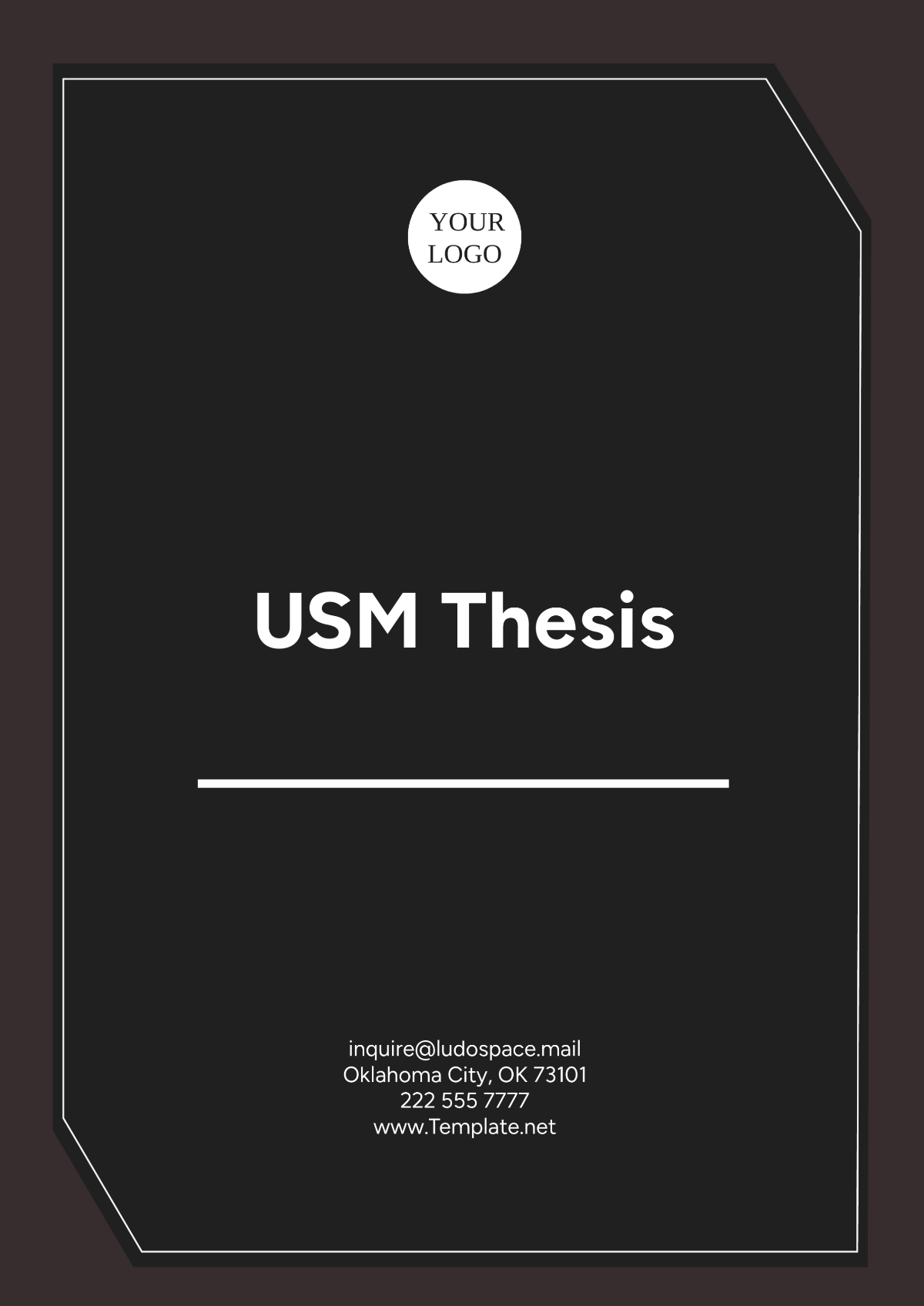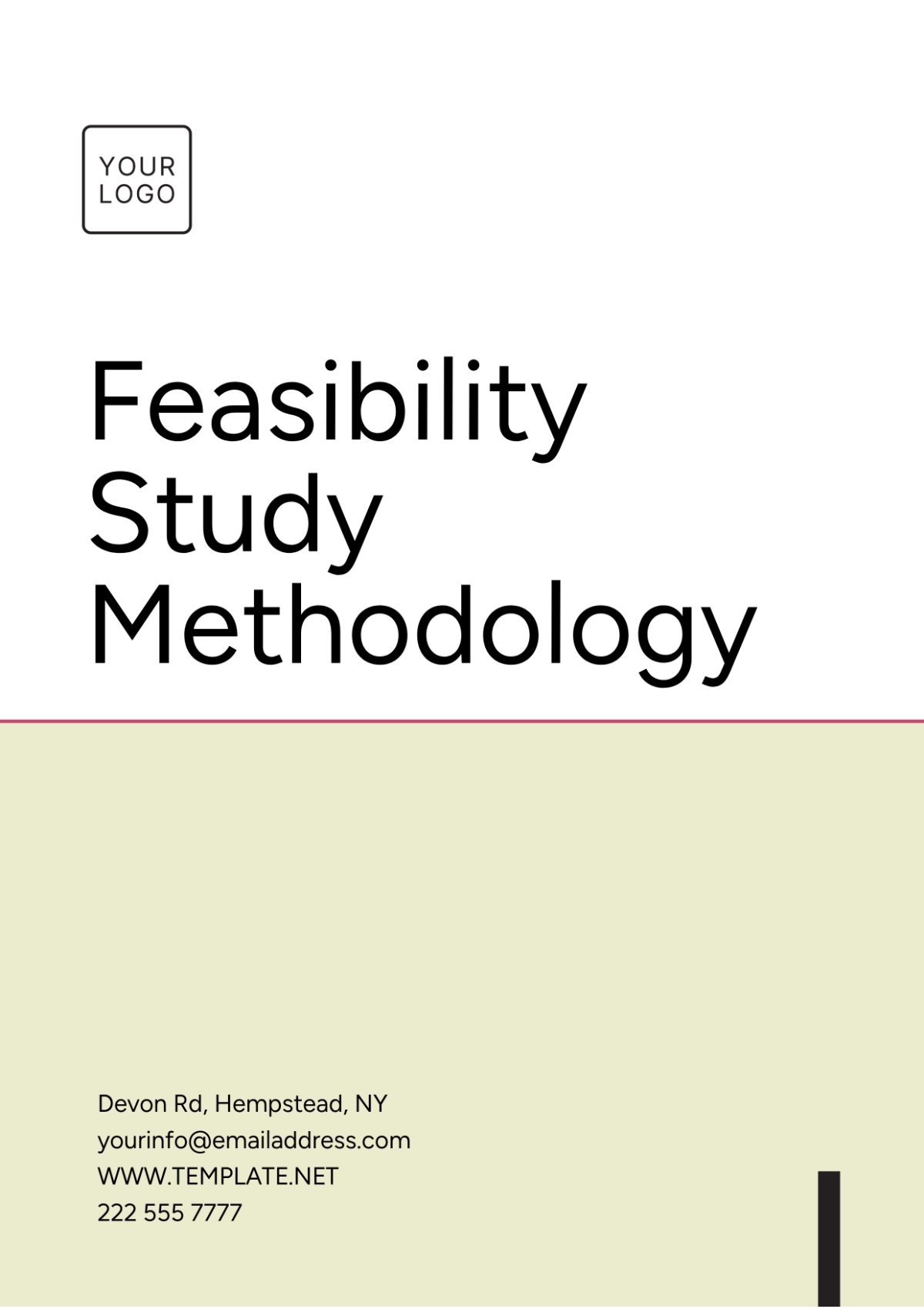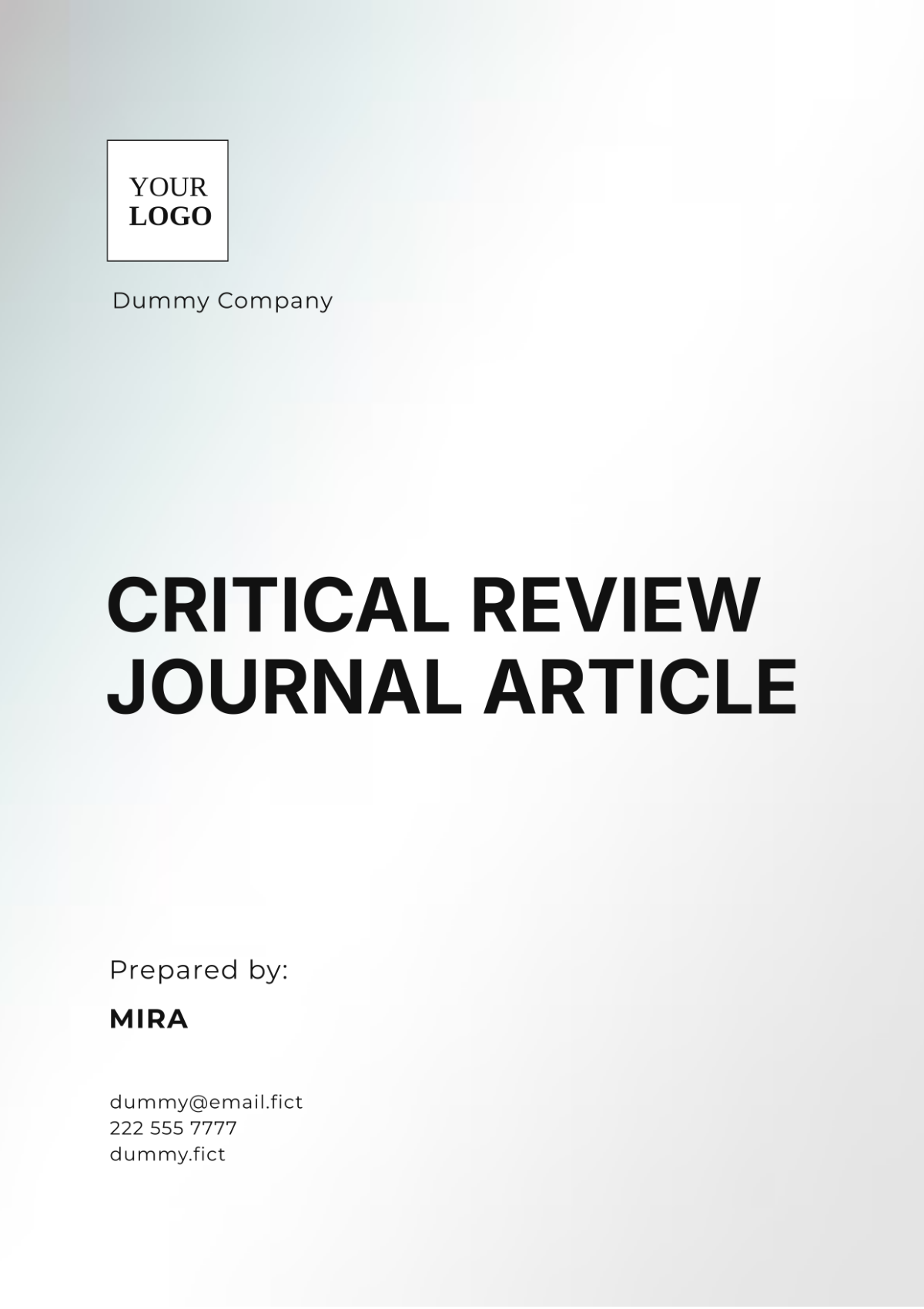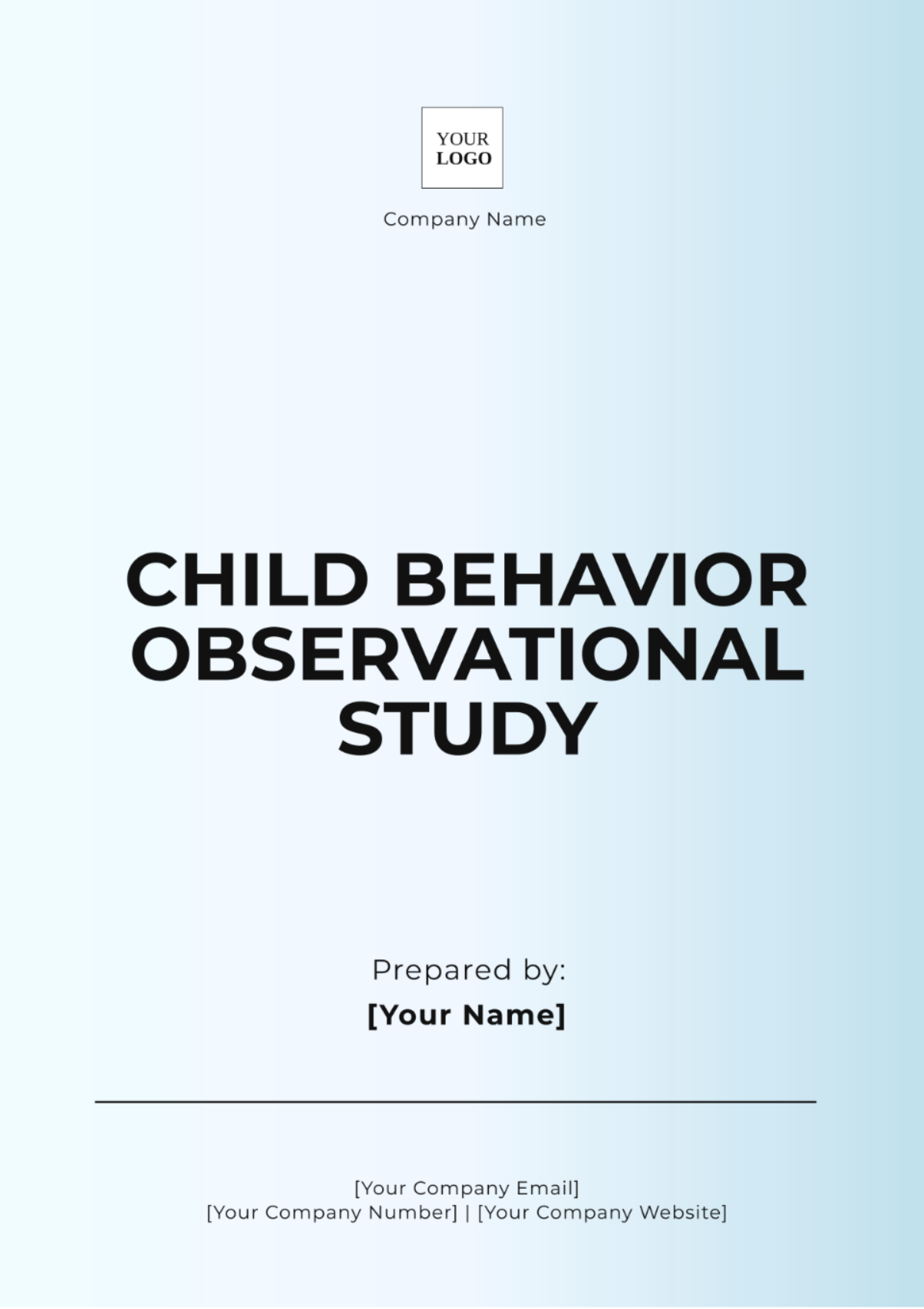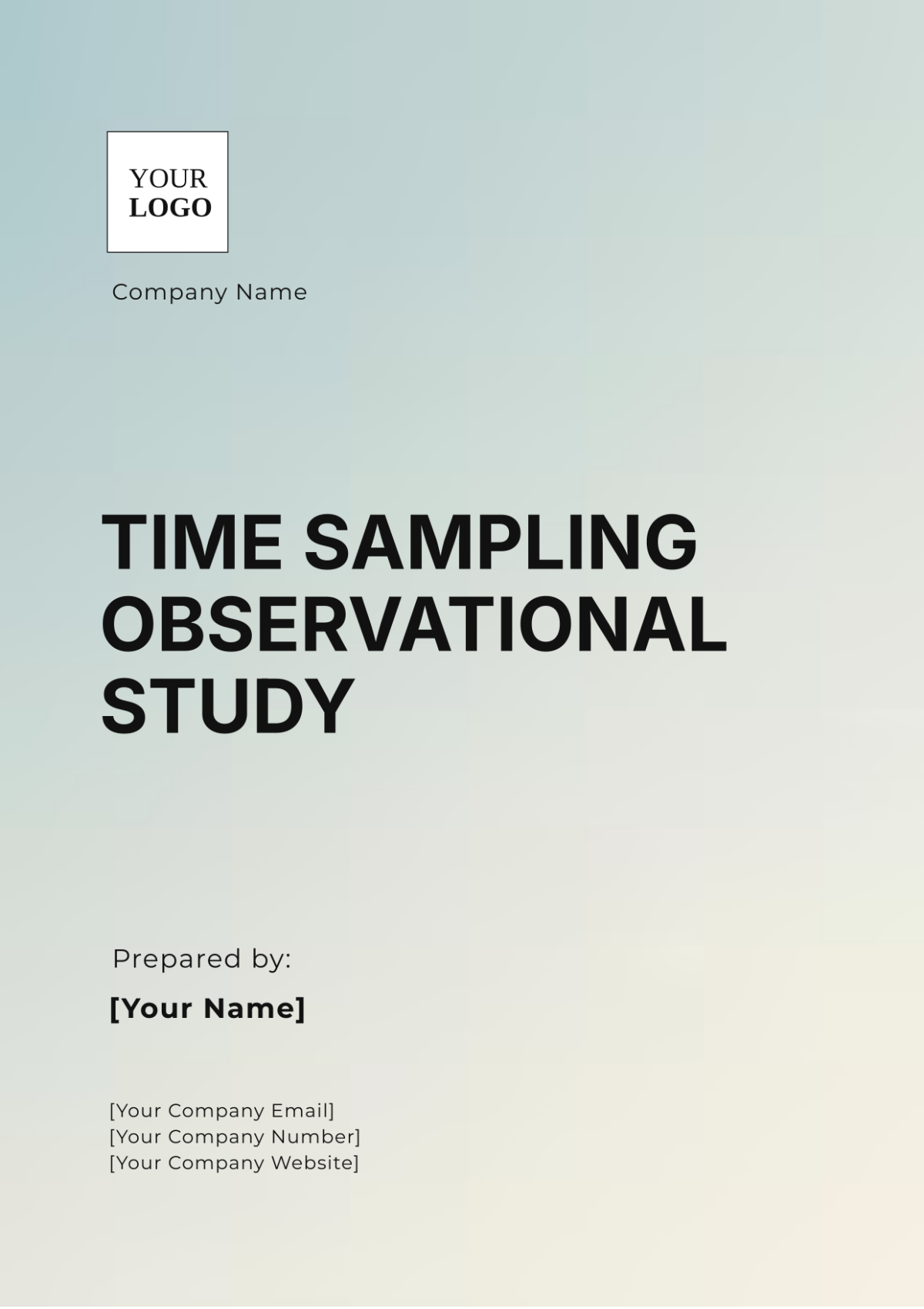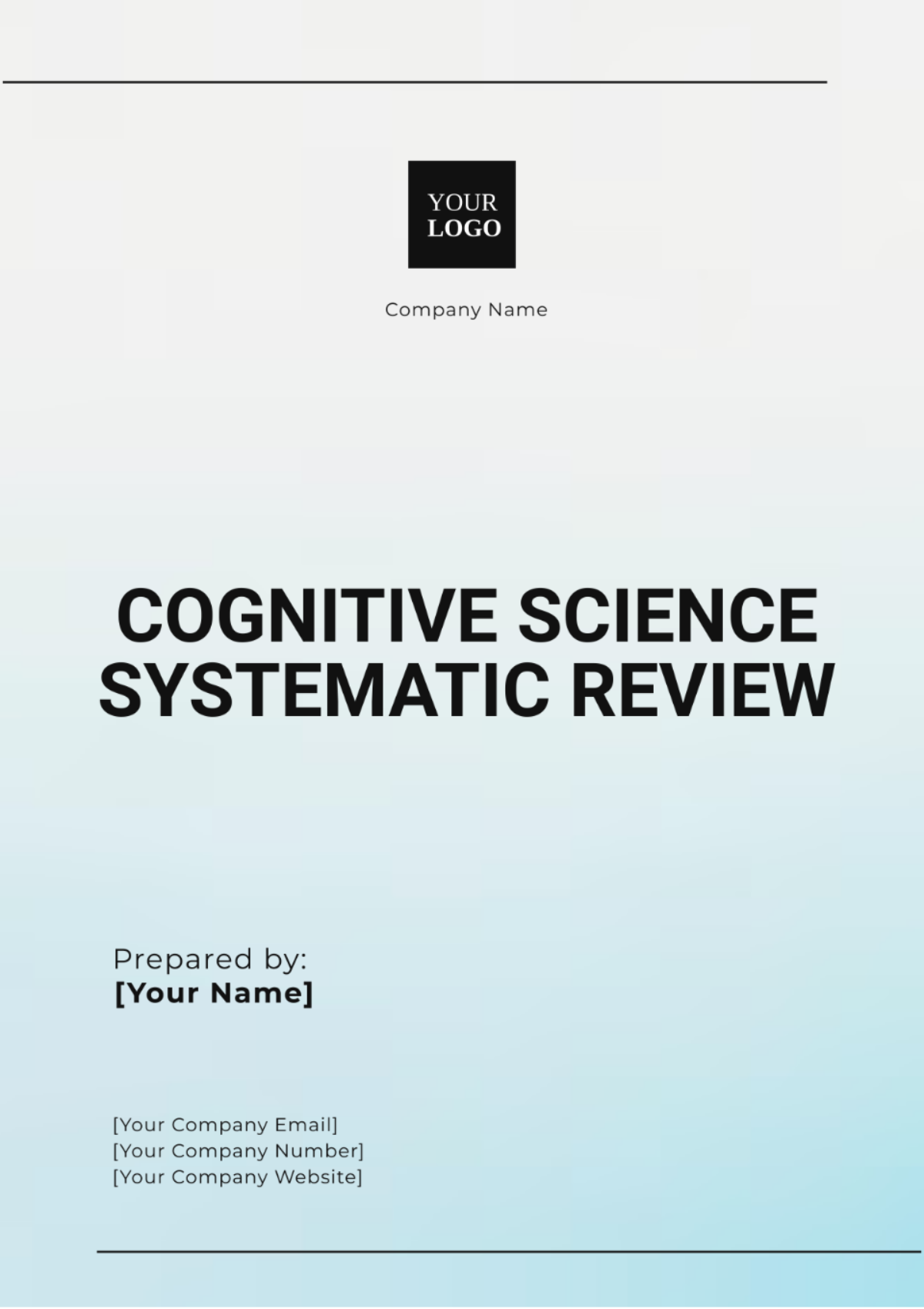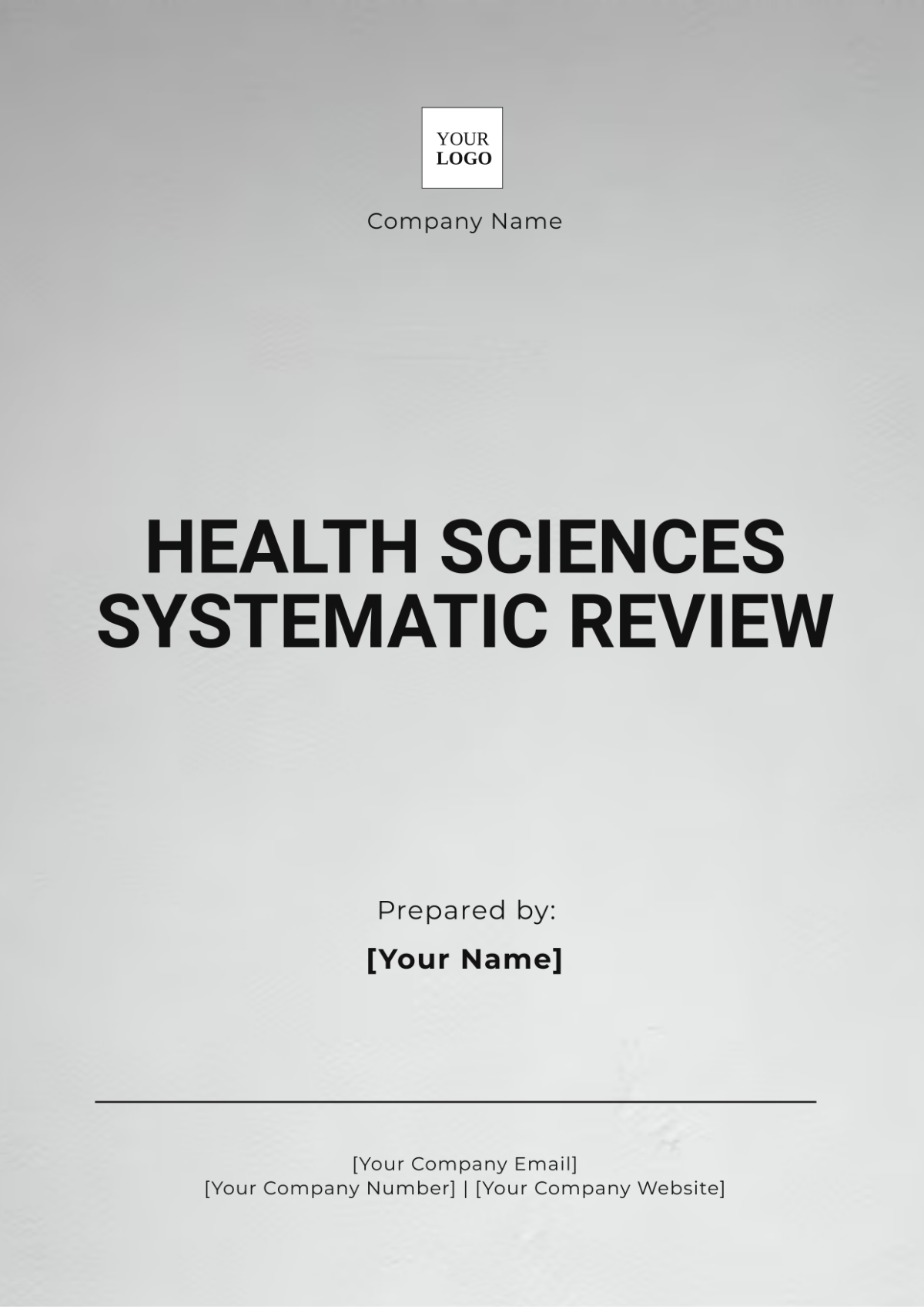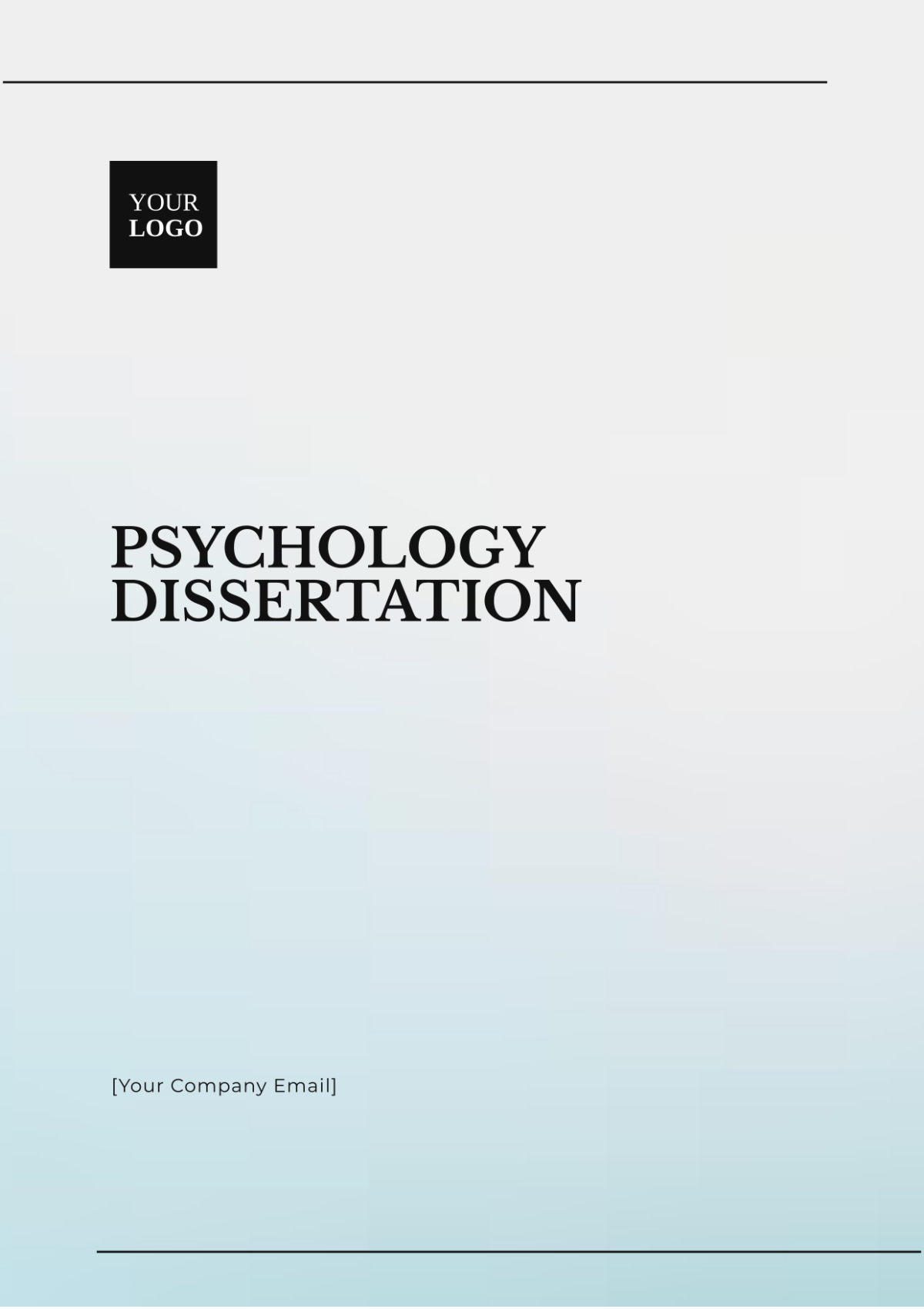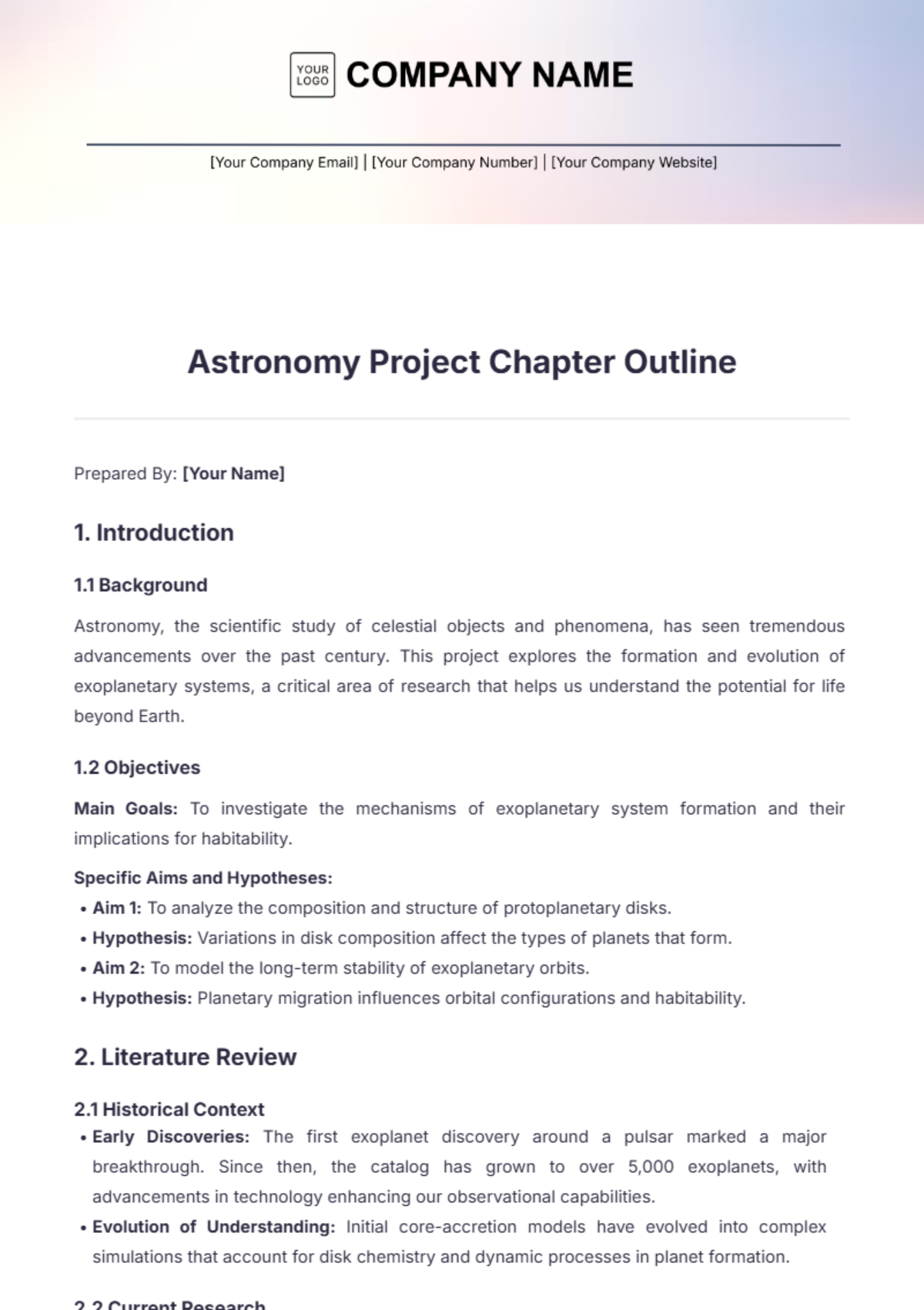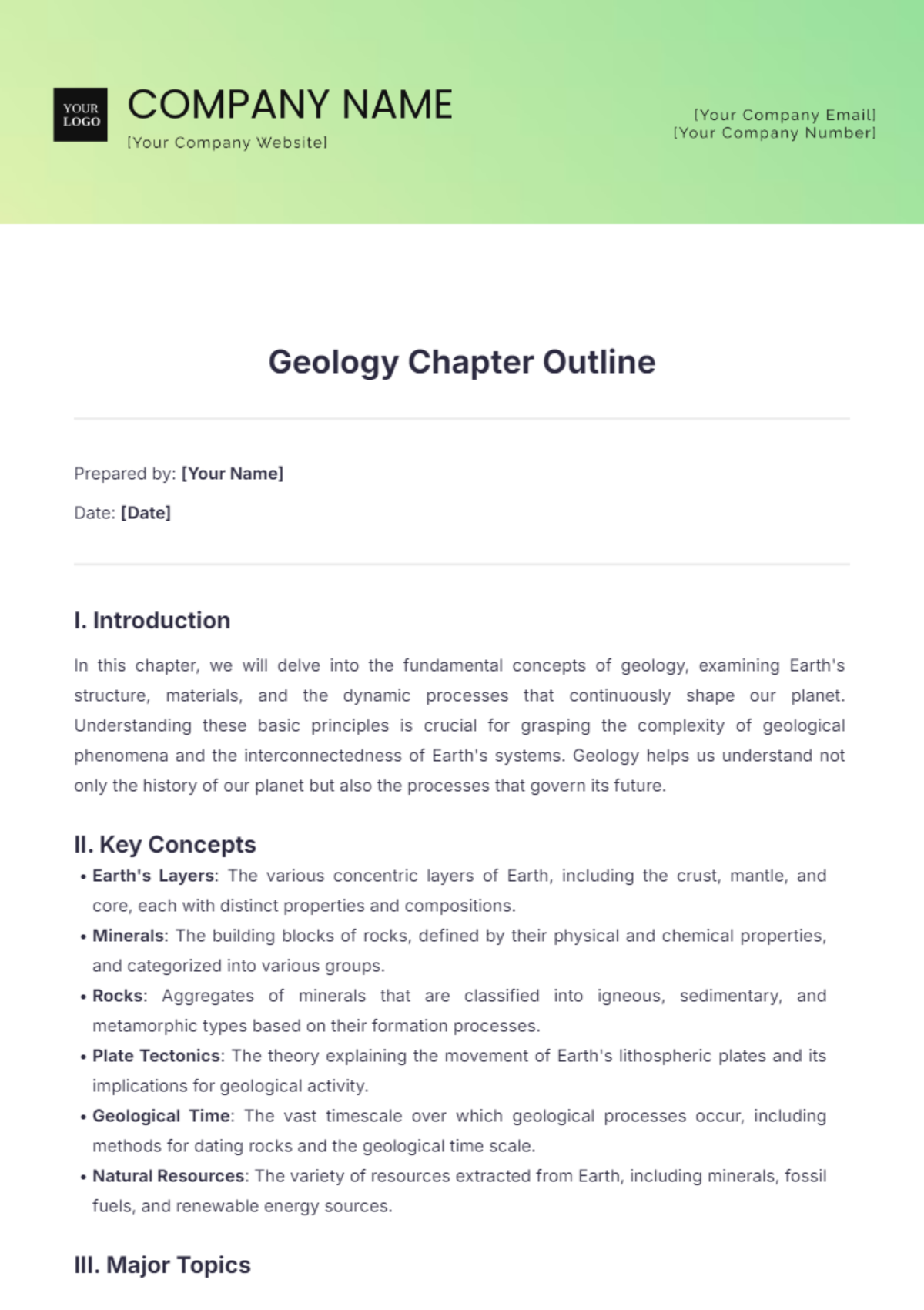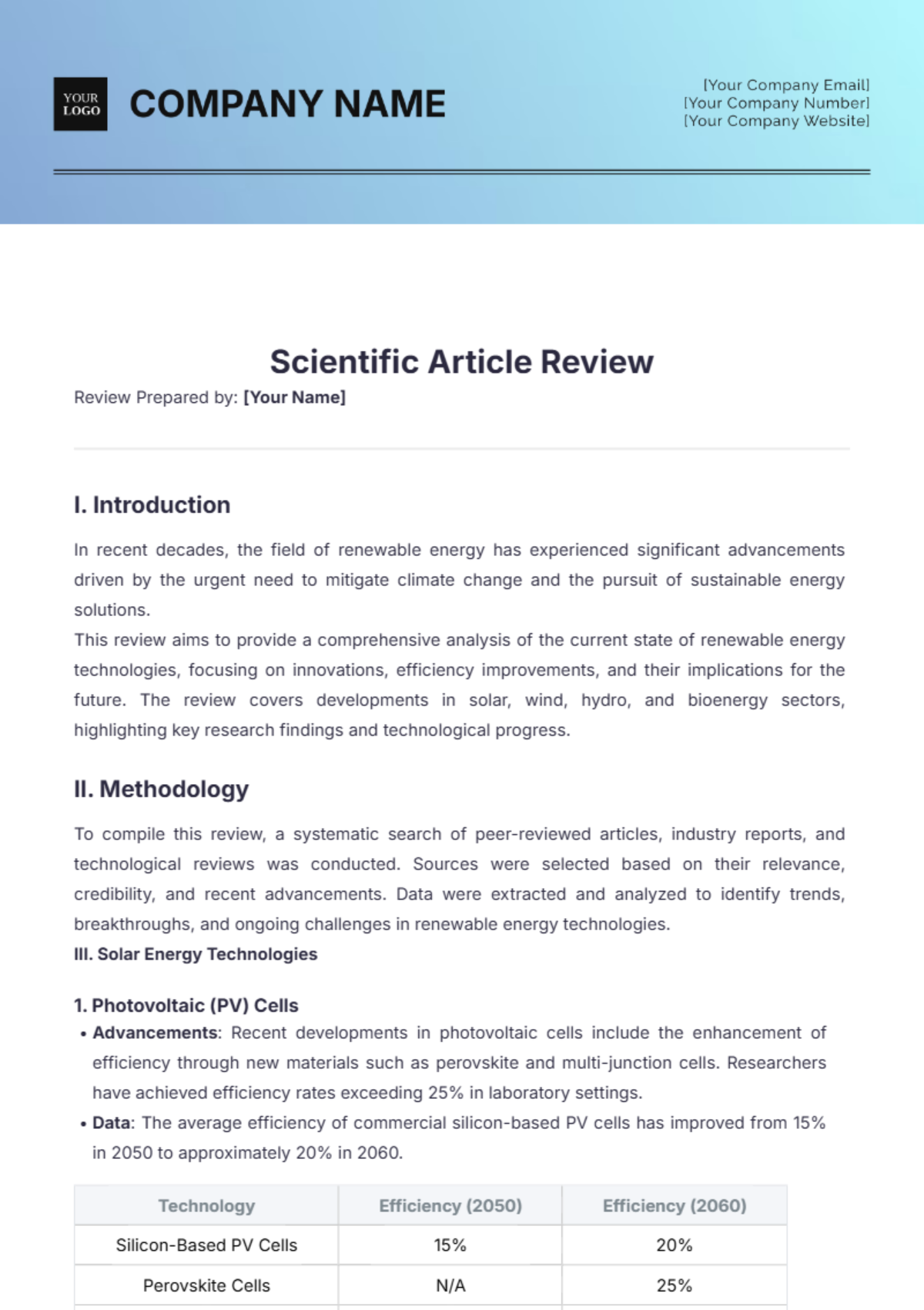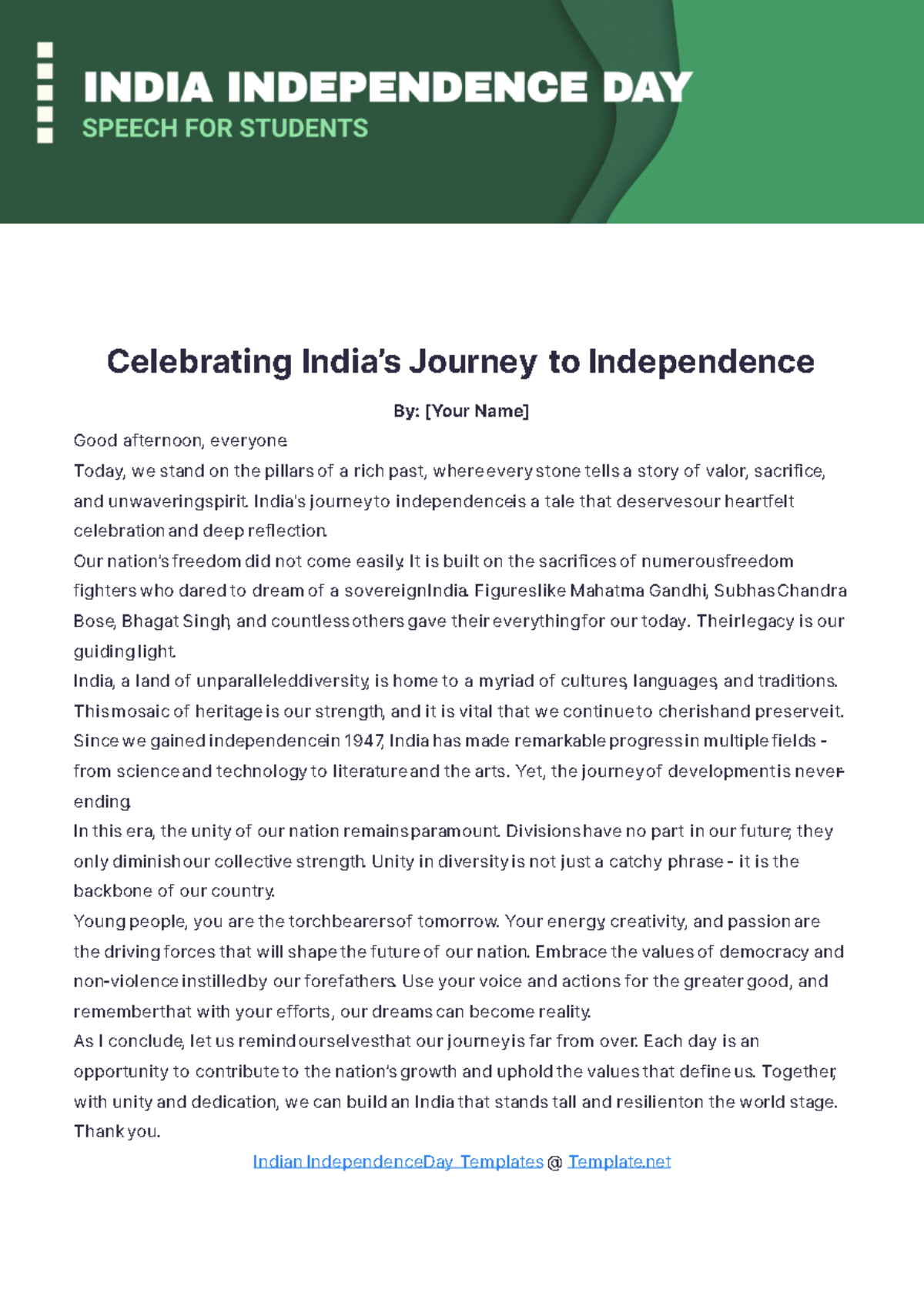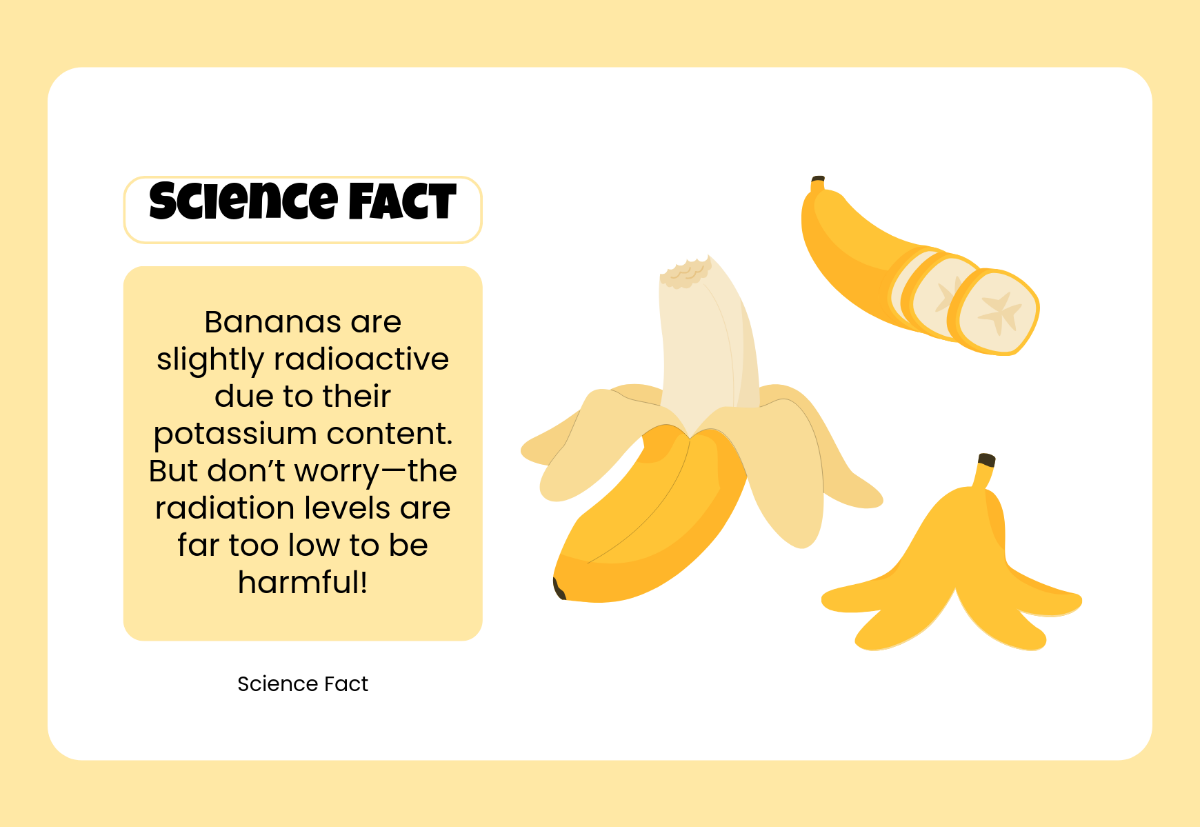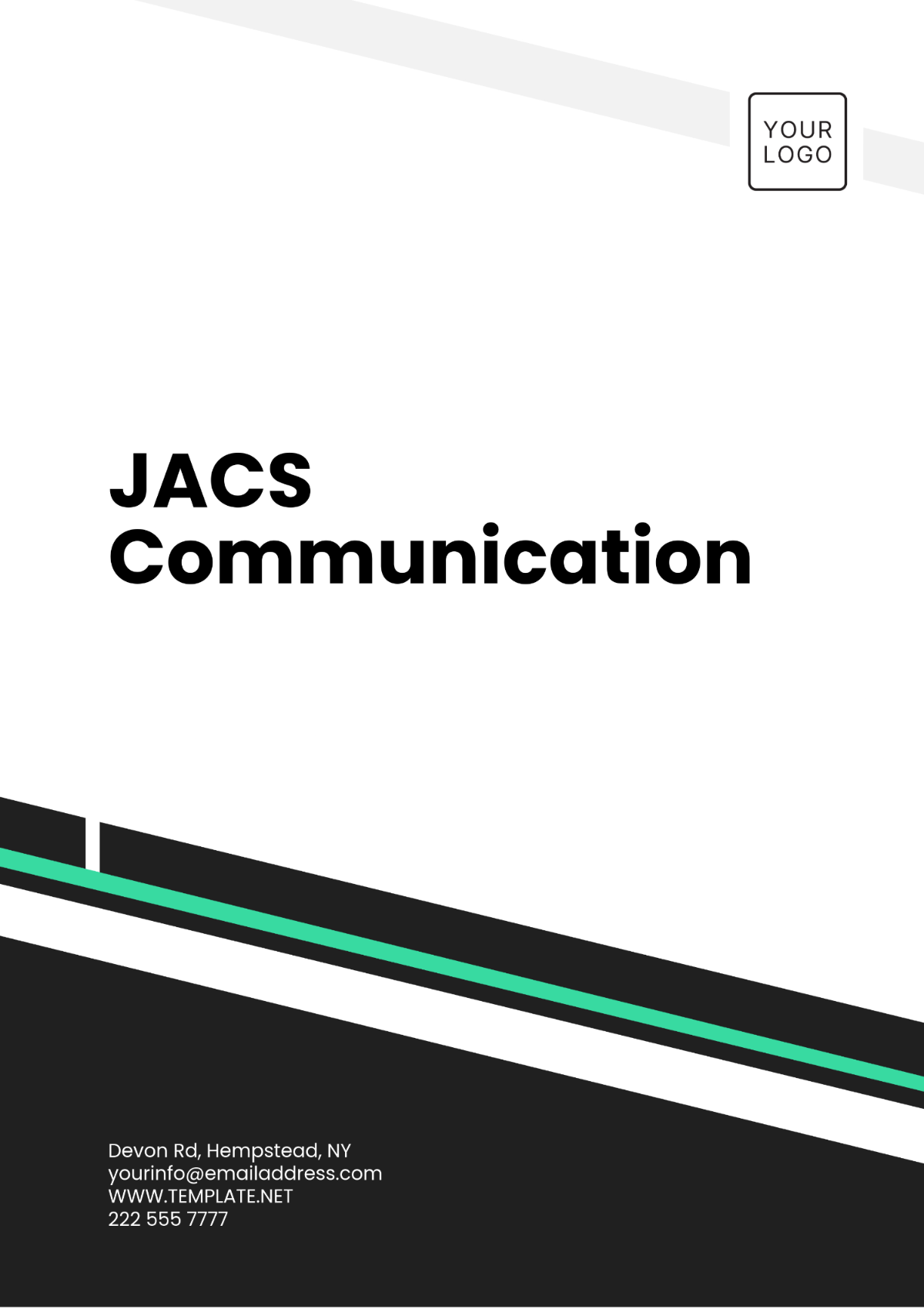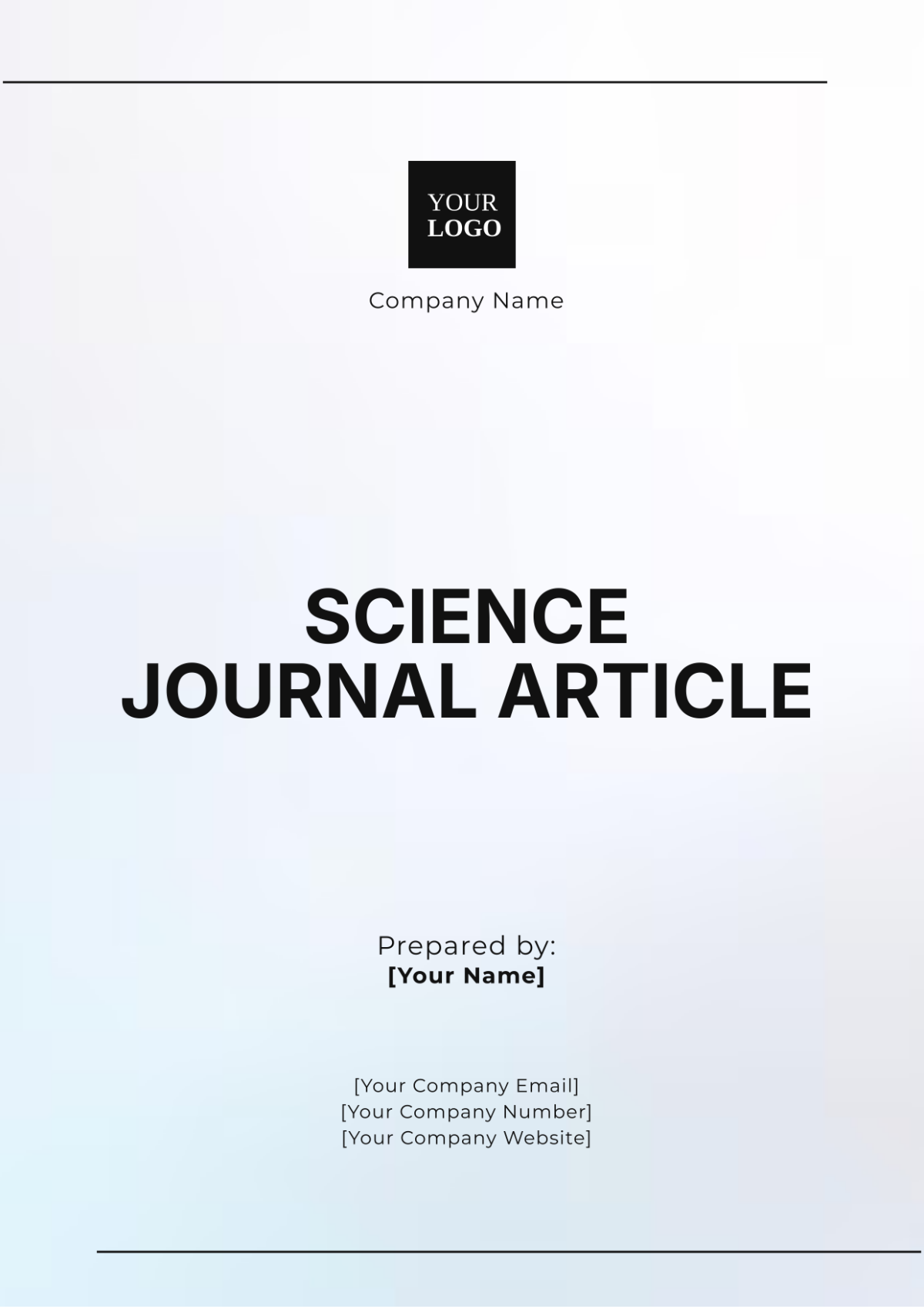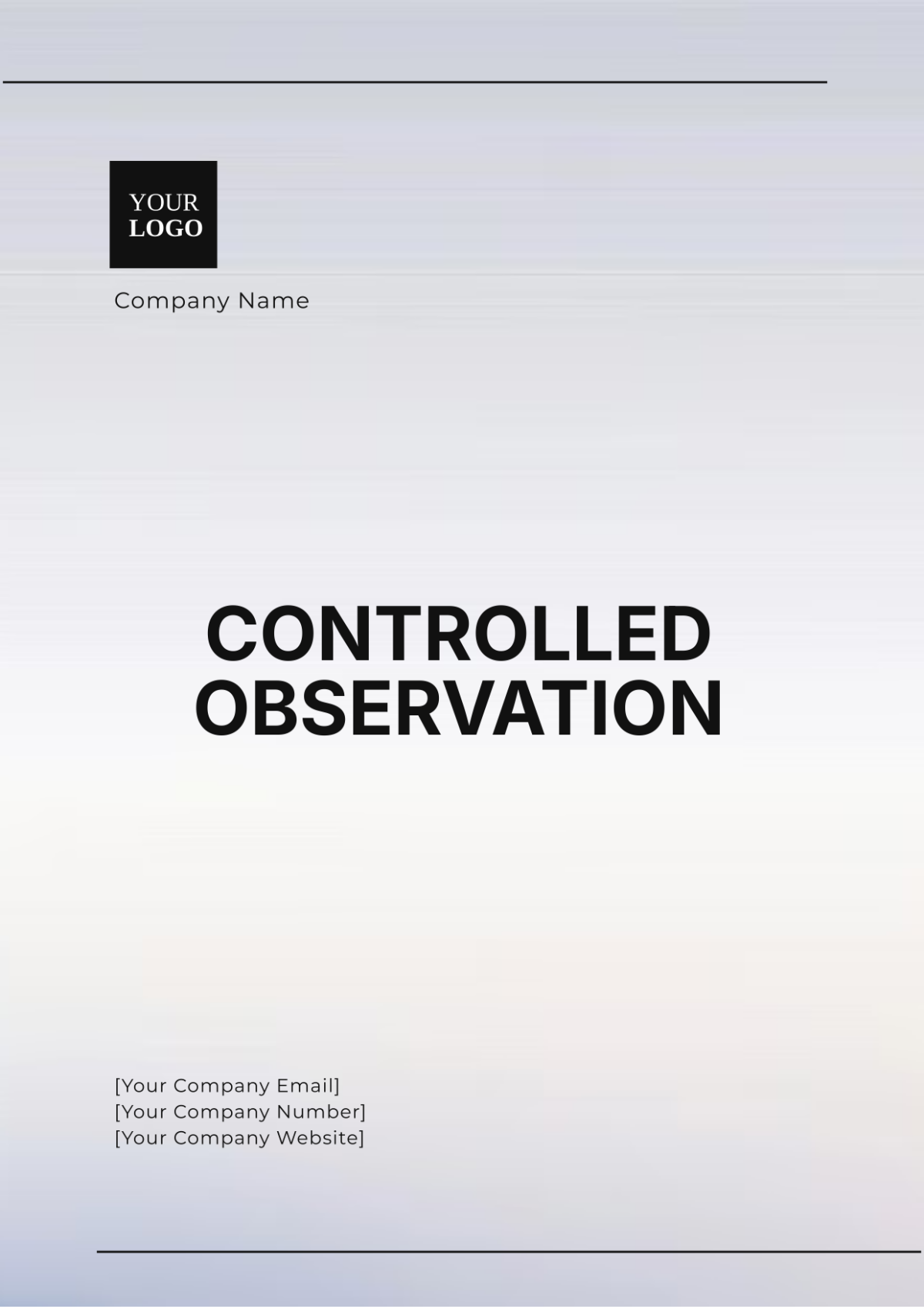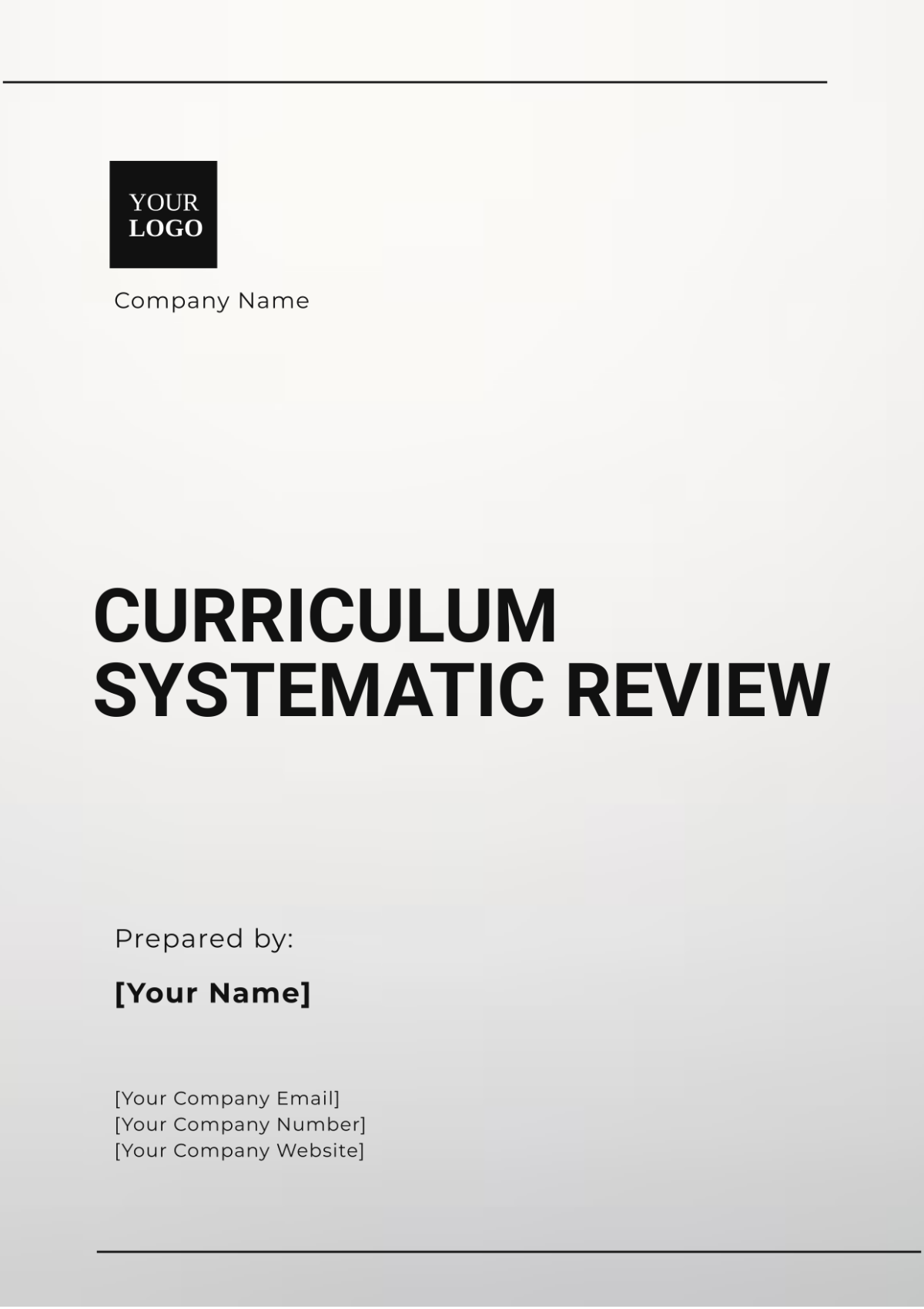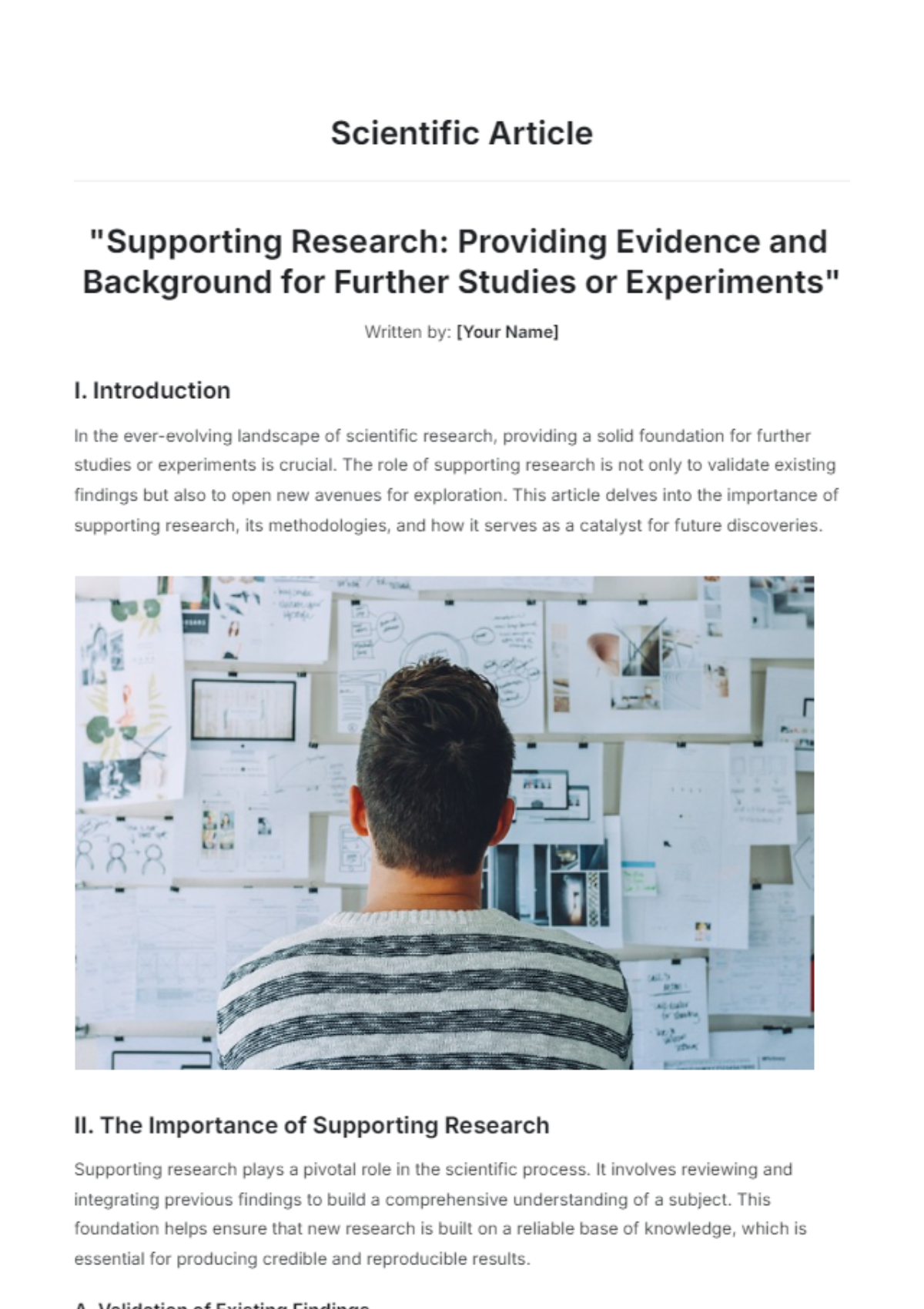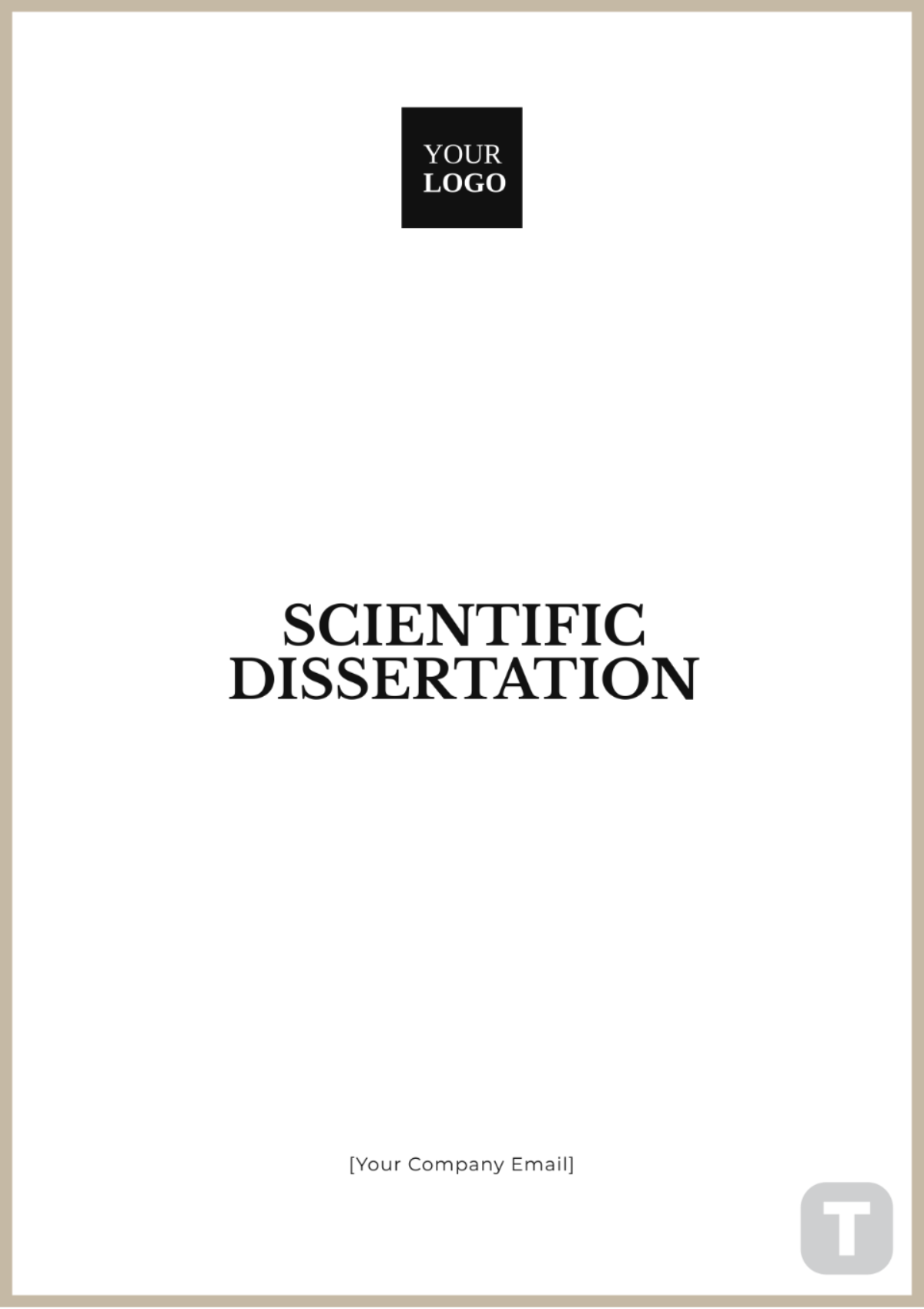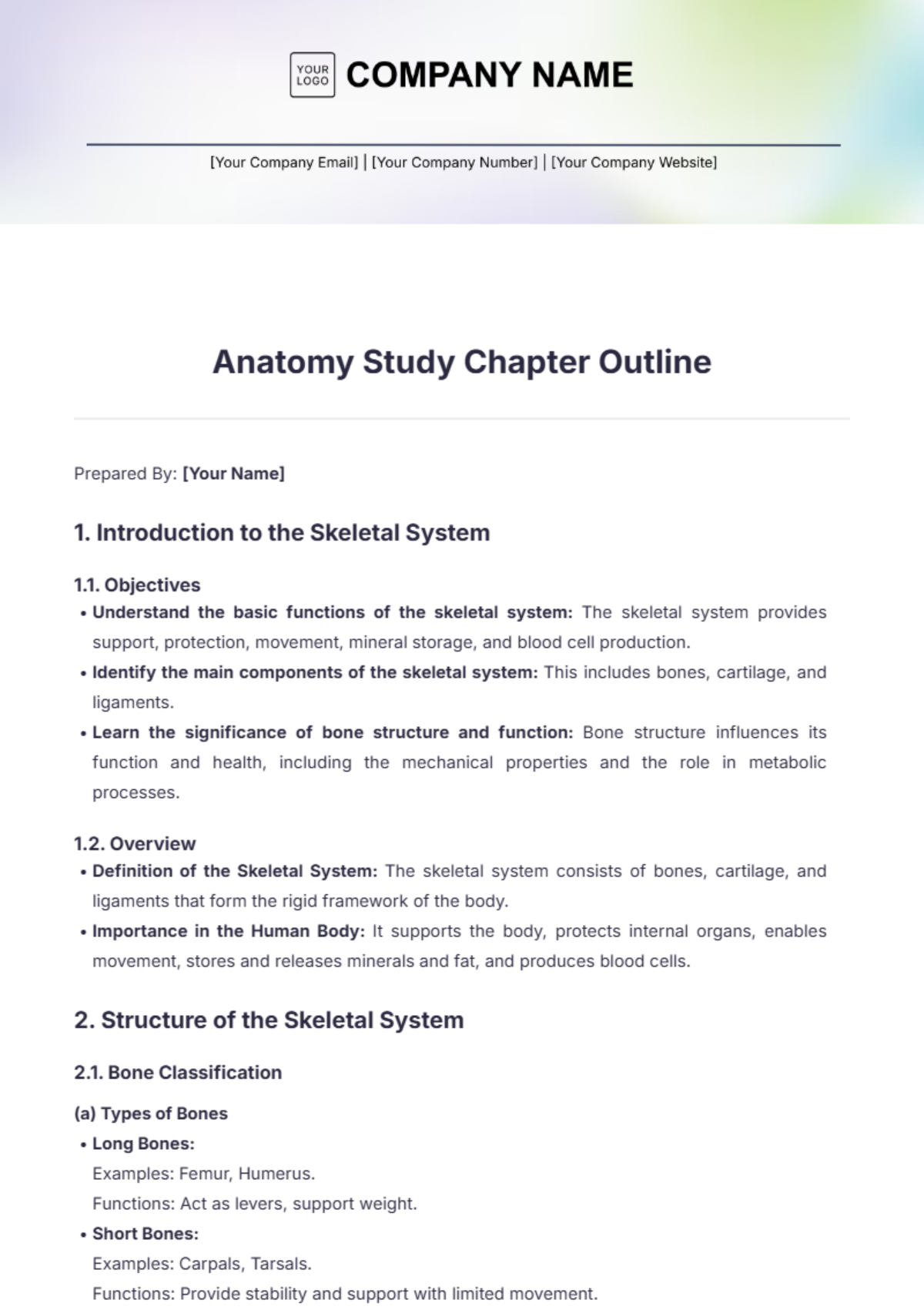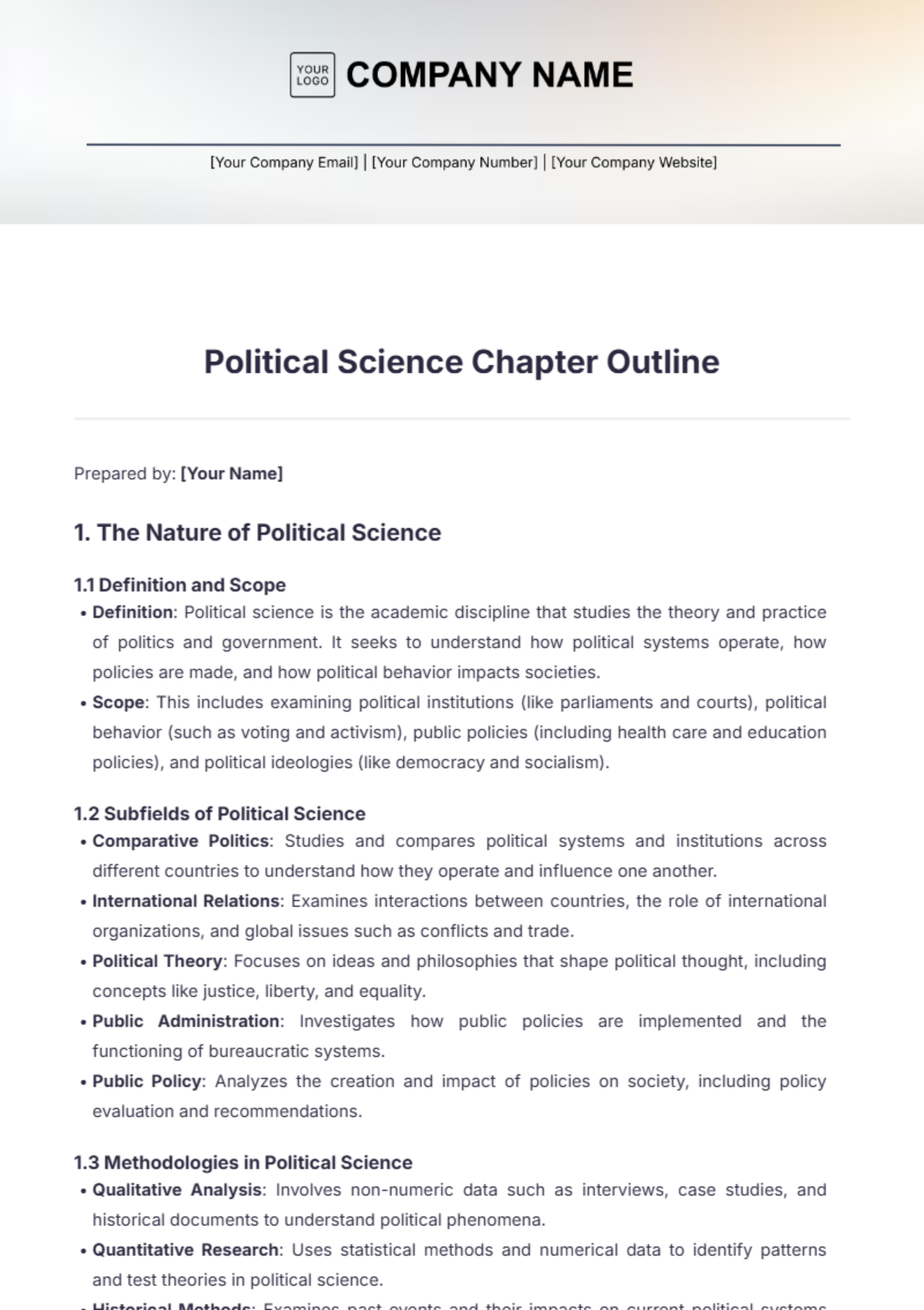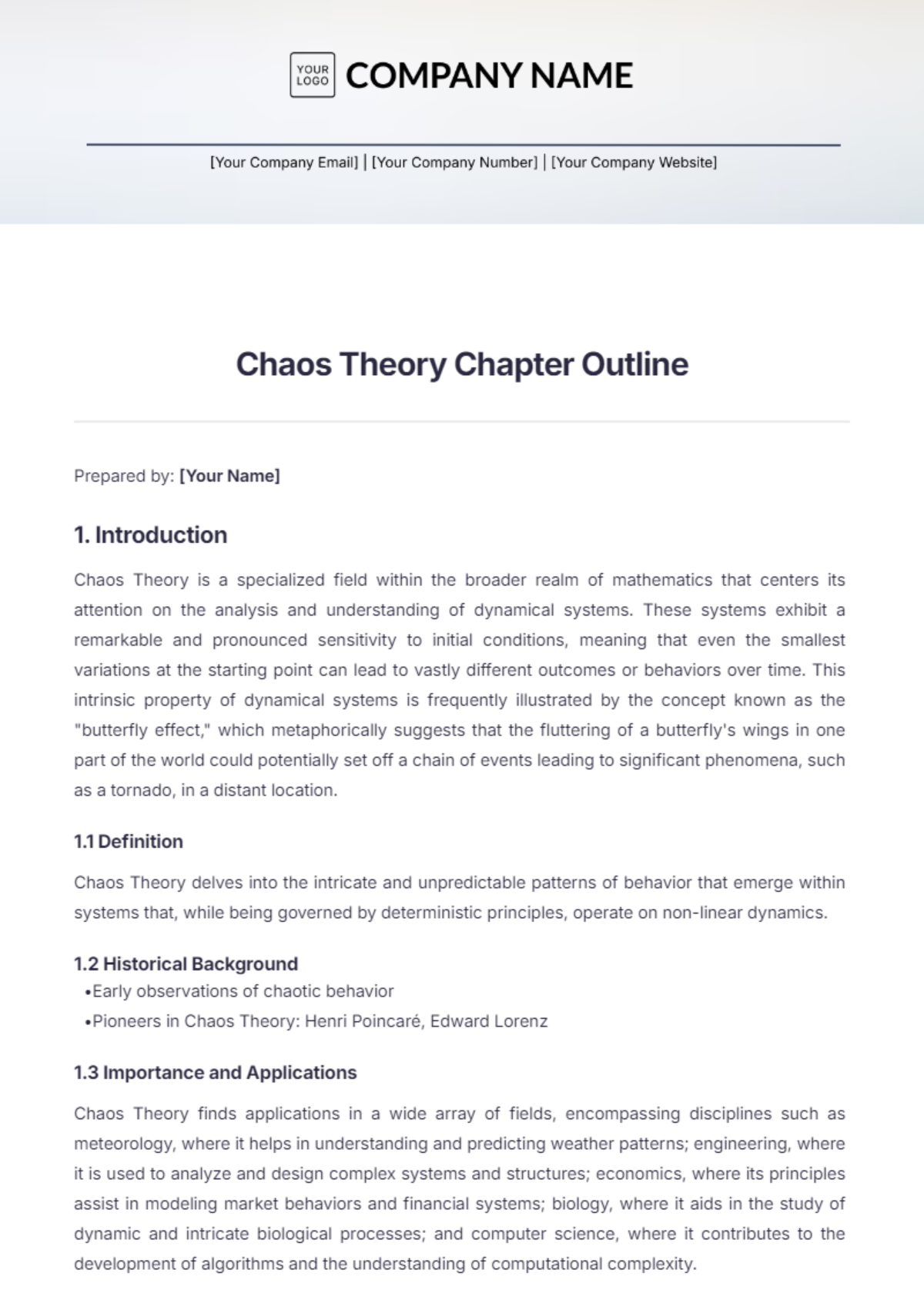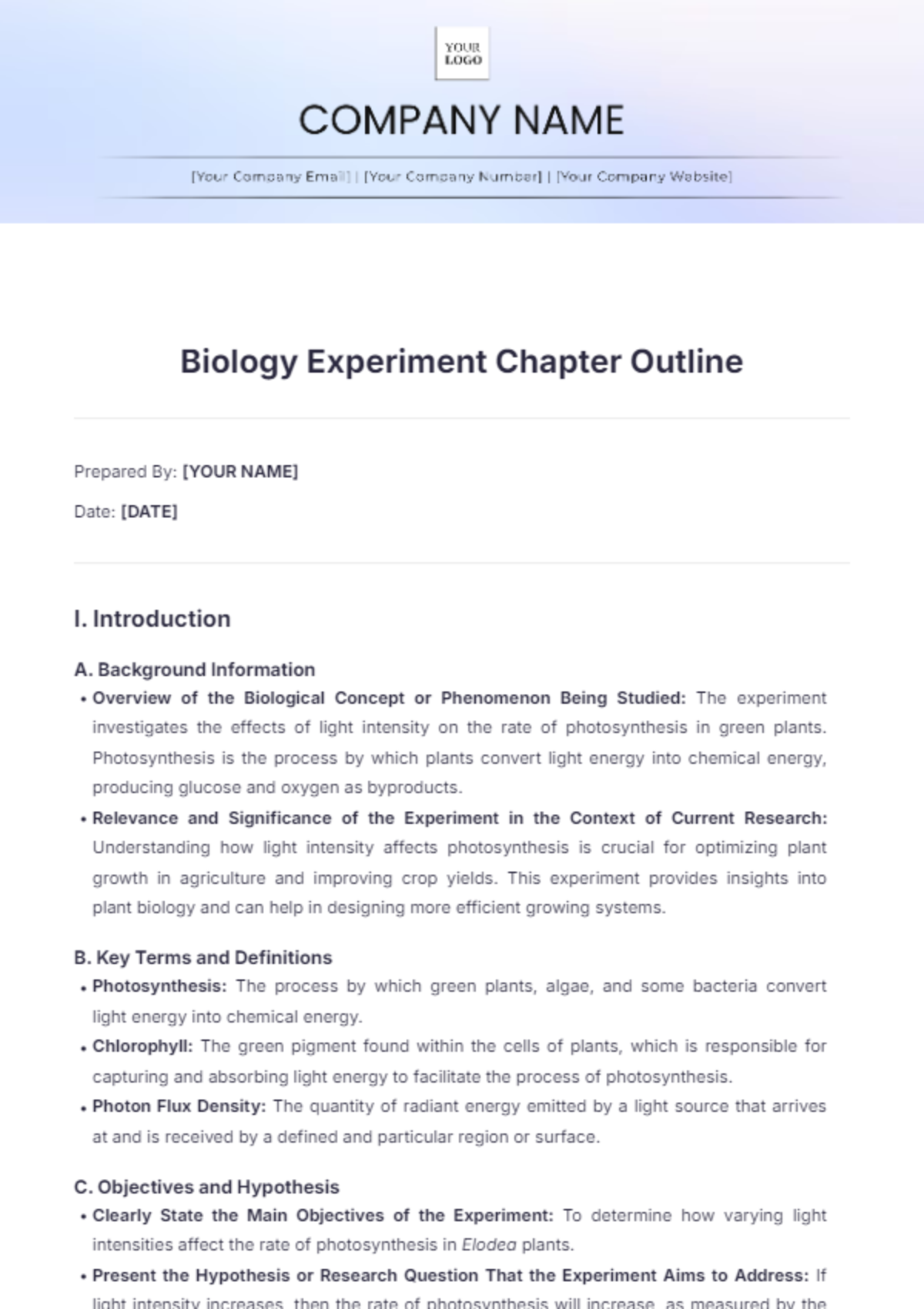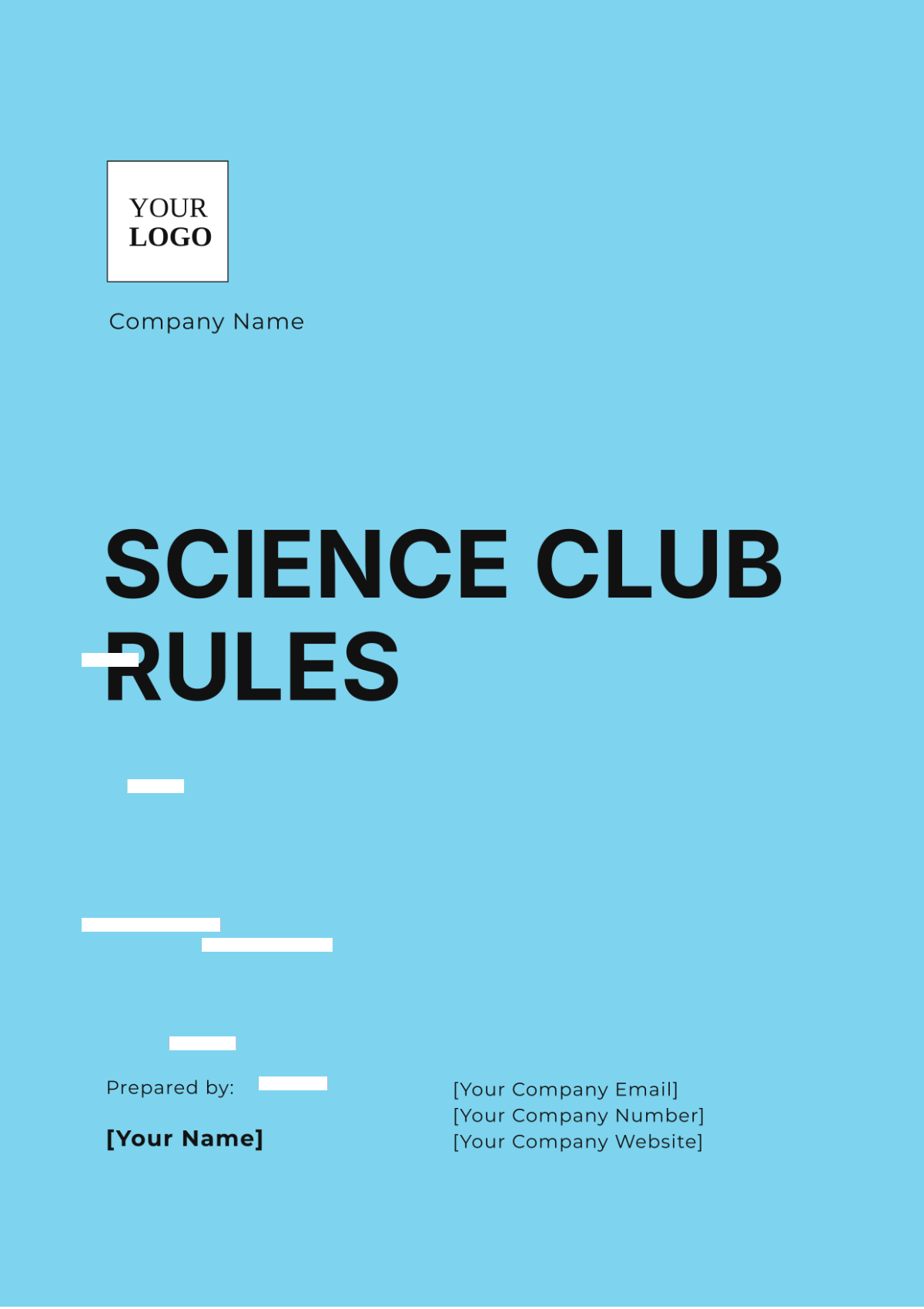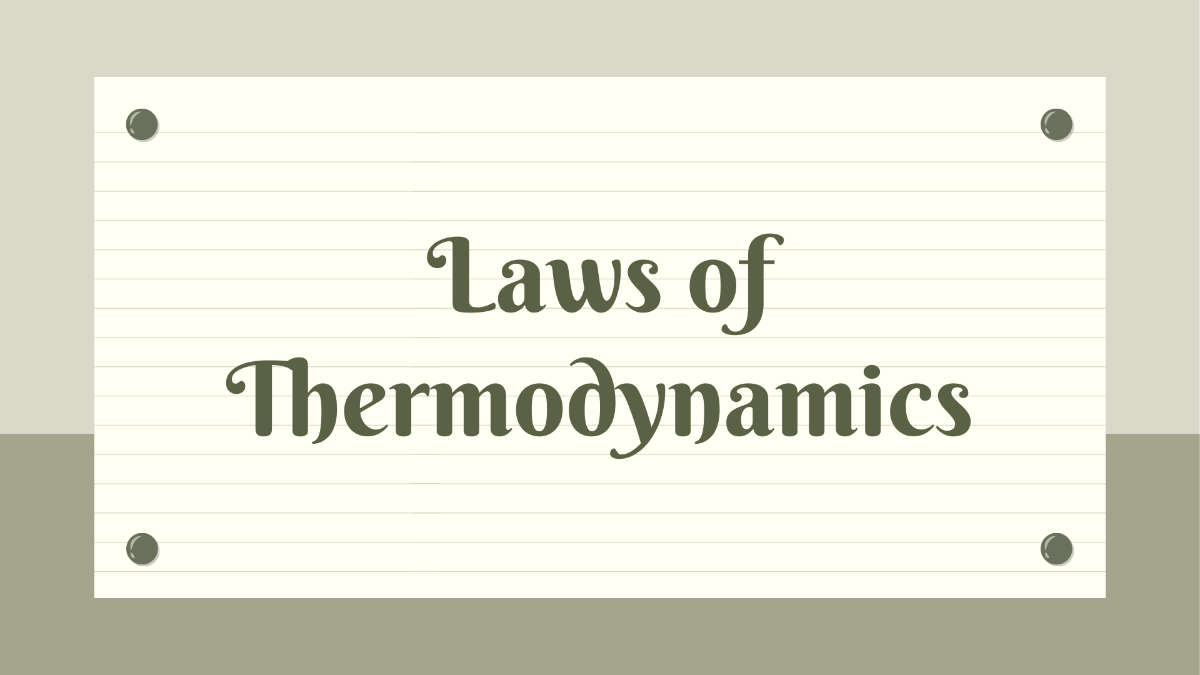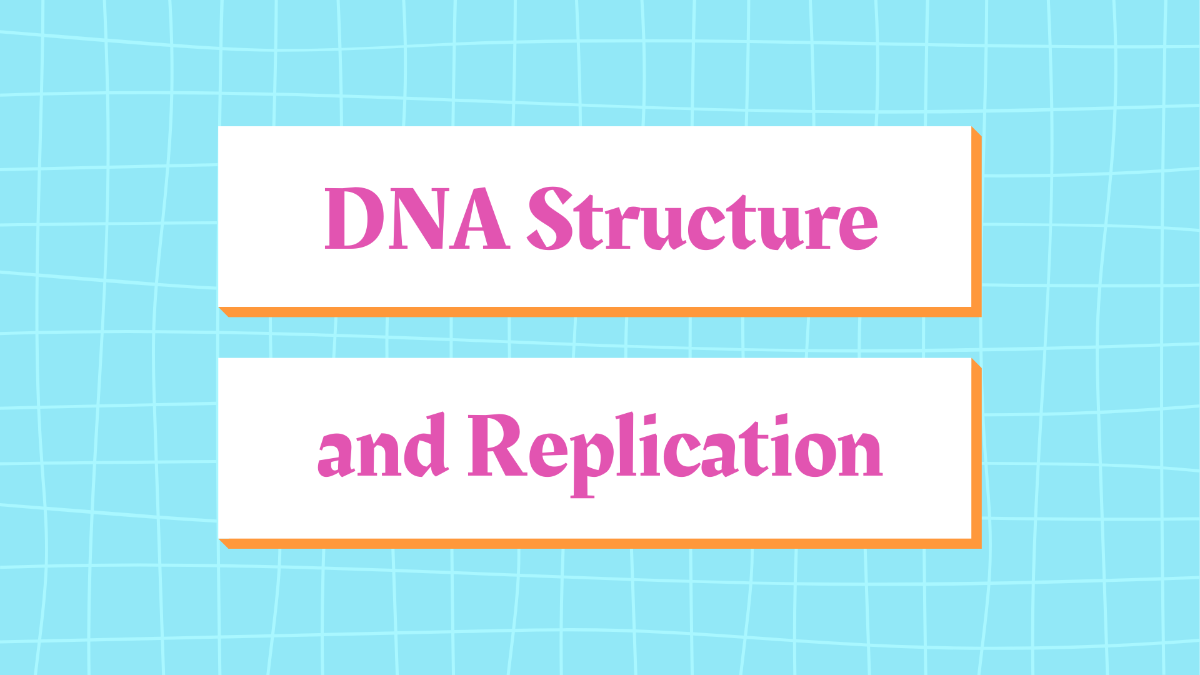Psychology Dissertation
Prepared by: [YOUR NAME]
Date: [DATE]
I. Abstract
This dissertation investigates the relationship between social media use and self-esteem among adolescents. Utilizing both quantitative and qualitative approaches, this study aims to identify significant correlations and underlying psychological processes. Results contribute to our understanding of mental health in the digital age, offering recommendations for interventions and future research.
II. Introduction
A. Background
The advent of social media has revolutionized the way individuals interact, communicate, and perceive themselves and others. This rapid technological advancement has particularly impacted adolescents, an age group known for its vulnerability to social influence.
B. Research Problem
There is a growing concern that social media use may contribute to lower self-esteem and other psychological issues among adolescents. This dissertation seeks to fill the gap in empirical research addressing this concern.
C. Objectives
To analyze the relationship between social media use and self-esteem among adolescents.
To identify the psychological processes underlying this relationship.
To offer recommendations for potential interventions.
III. Literature Review
A. Theoretical Framework
This study is grounded in several key psychological theories, including Social Comparison Theory and Self-Discrepancy Theory, which help explain how social media interactions may impact self-esteem.
B. Previous Studies
A review of existing literature reveals mixed findings on the impact of social media on adolescent self-esteem. Some studies suggest negative outcomes, while others indicate potential benefits. This section will critically evaluate these studies.
Author | Year | Findings |
|---|---|---|
Smith et al. | 2050 | Negative correlation between social media use and self-esteem |
Johnson and Jacobi | 2051 | Social media use contributes to both positive and negative changes in self-esteem |
Nguyen | 2052 | Positive impact of supportive online communities |
IV. Methodology
A. Research Design
This study employs a mixed-methods approach, combining quantitative surveys and qualitative interviews to gain a comprehensive understanding of the research problem.
B. Participants
The sample consists of 200 adolescents aged 13-18 from various schools and communities. Participants were selected using stratified random sampling to ensure diversity.
C. Data Collection
Surveys: Standardized questionnaires assessing social media use, self-esteem, and related variables.
Interviews: Semi-structured interviews to explore participants' experiences and perceptions in depth.
V. Results
A. Quantitative Analysis
Data from the surveys were analyzed using SPSS software. Descriptive statistics and correlation analyses were conducted to examine the relationship between social media use and self-esteem.
B. Qualitative Analysis
Thematic analysis of interview transcripts identified recurring themes related to social media experiences and self-perception.
VI. Discussion
A. Interpretation of Findings
The quantitative data revealed a significant negative correlation between time spent on social media and self-esteem scores. Qualitative data supported these findings, with many participants describing feelings of inadequacy and comparison.
B. Implications for Practice
The study's findings highlight the need for targeted interventions to support adolescents in managing their social media use. Possible recommendations include digital literacy programs and mental health resources.
C. Future Research
Longitudinal studies to explore long-term effects of social media use on self-esteem.
Investigations into the impact of specific types of social media content.
Broader demographic studies to examine cultural and socio-economic factors.
VII. Conclusion
This dissertation contributes to our understanding of the complex relationship between social media use and adolescent self-esteem. By employing a mixed-methods approach, it provides a nuanced perspective that can inform both academic research and practical interventions in the field of psychology.
VIII. References
Smith, J., Doe, A., & Johnson, L. (2050). Social Media and Self-Esteem: A Comprehensive Review. Journal of Adolescence, 45(2), 123-145.
Johnson, M. P., & Jacobi, T. (2051). The Dual Impact of Social Media on Adolescent Mental Health. Cyberpsychology, Behavior, and Social Networking, 22(4), 200-210.
Nguyen, H. T. (2052). Positive Aspects of Social Media: An Examination of Online Support Networks. Psychology Today, 15(3), 88-102.
